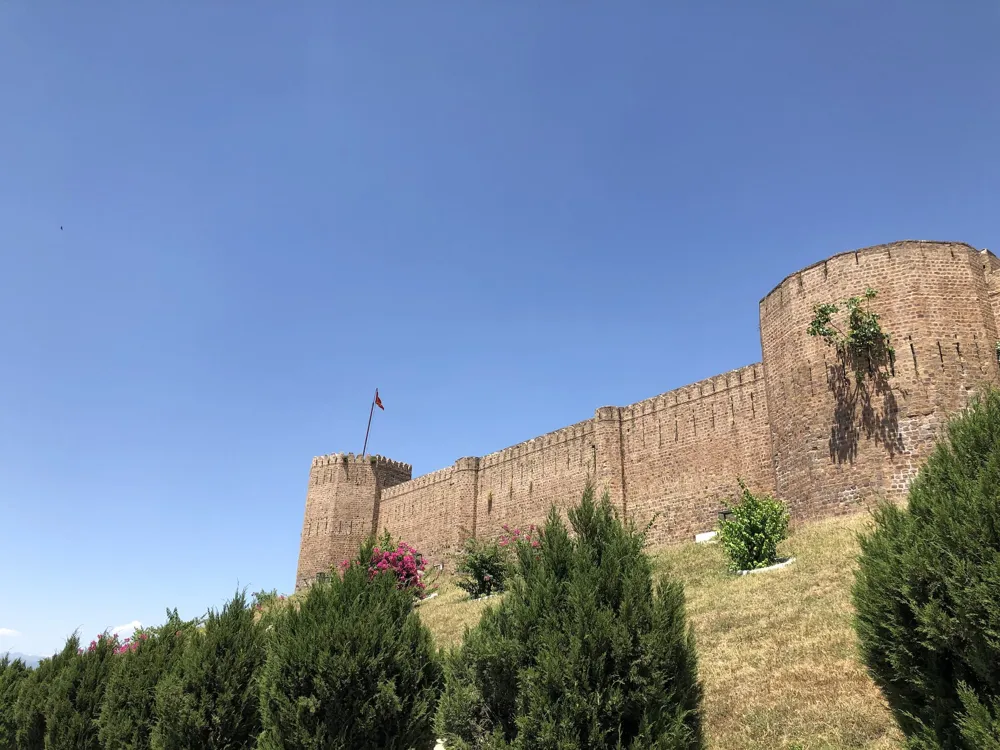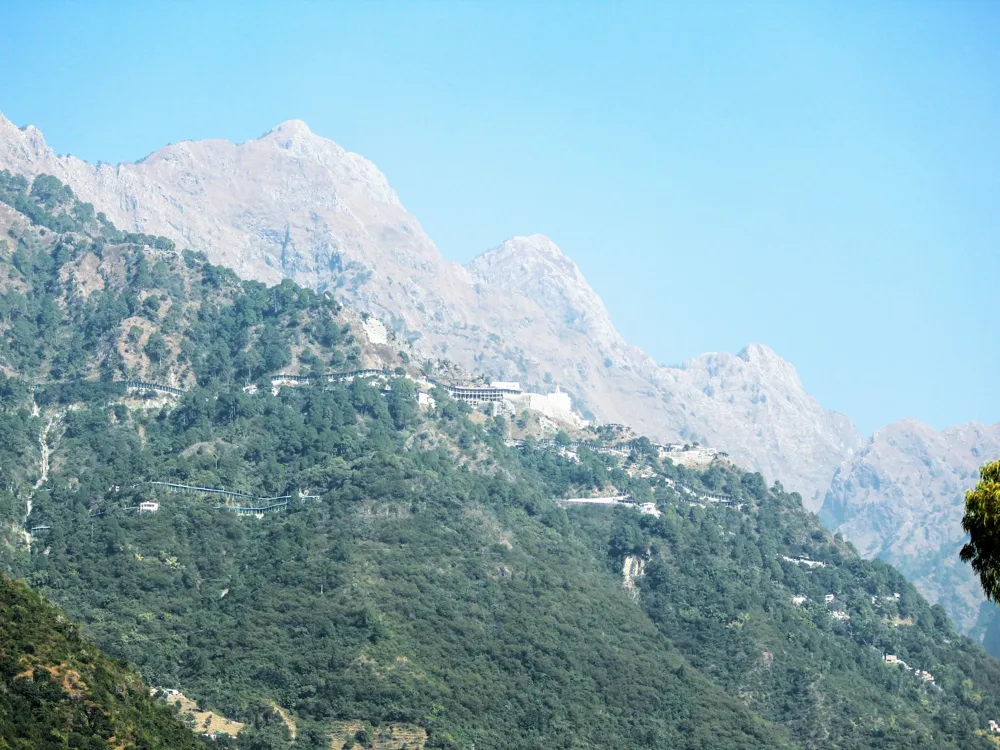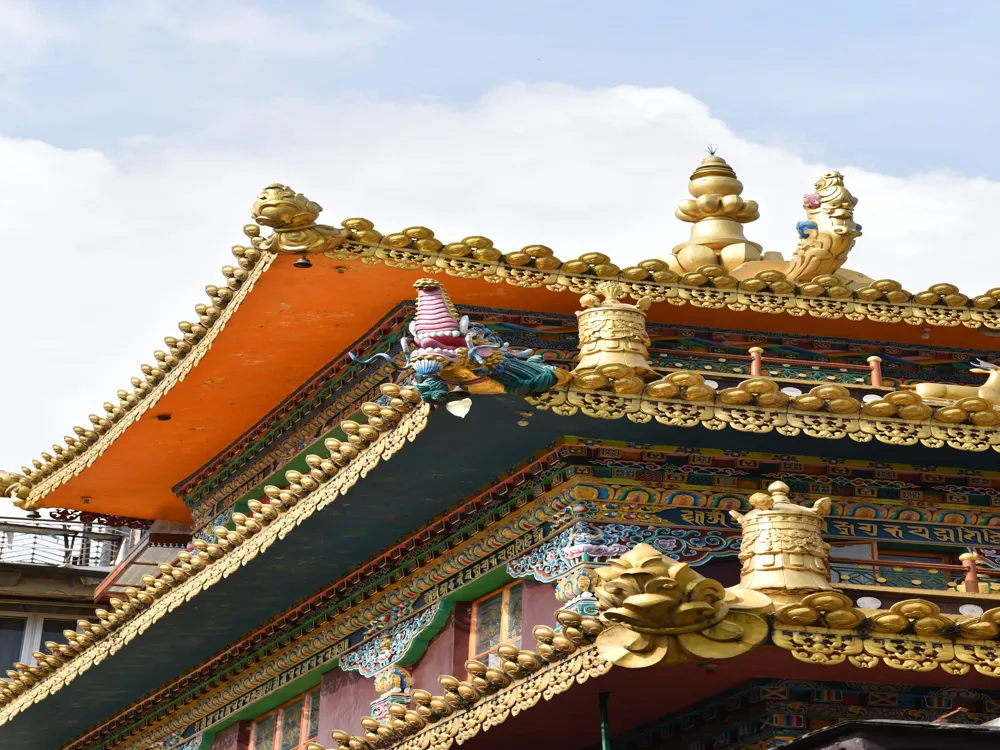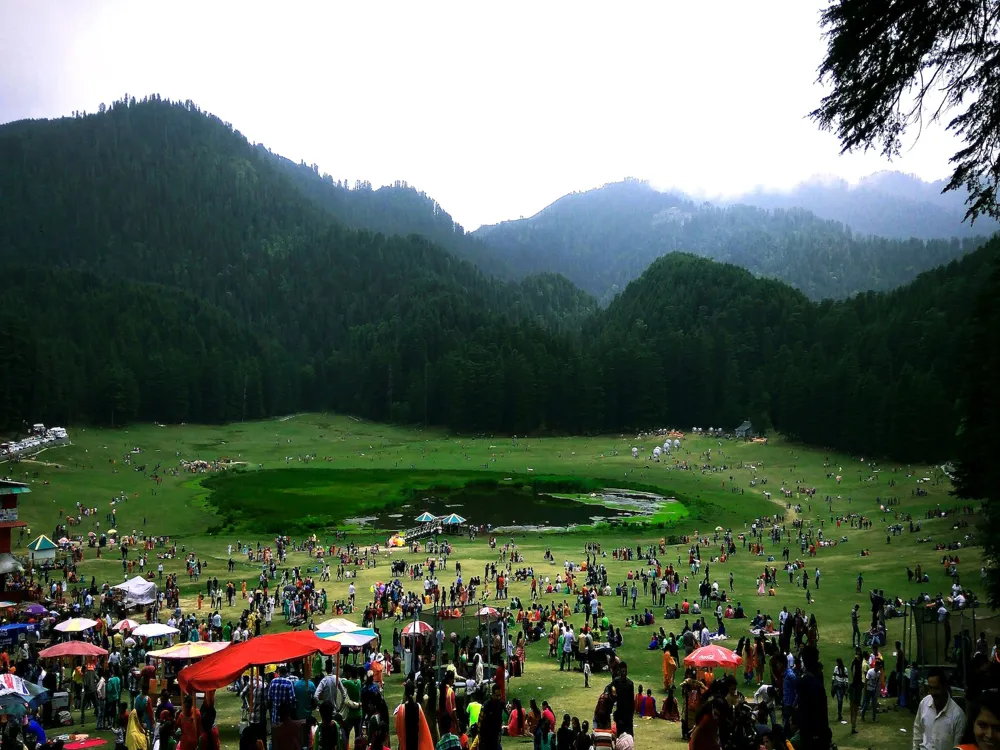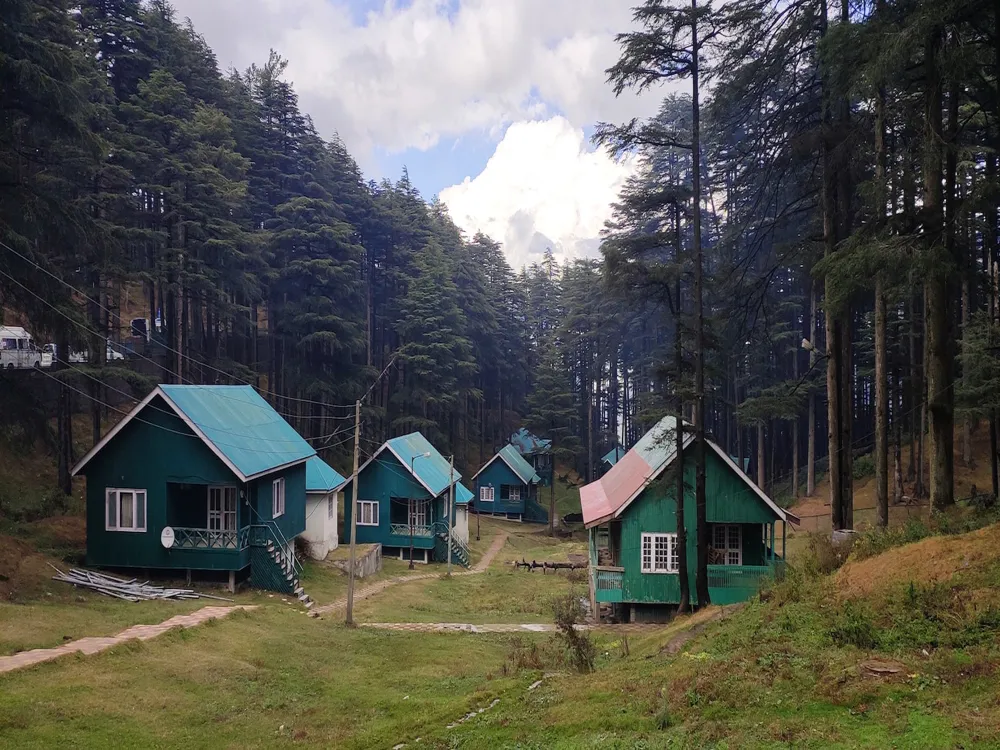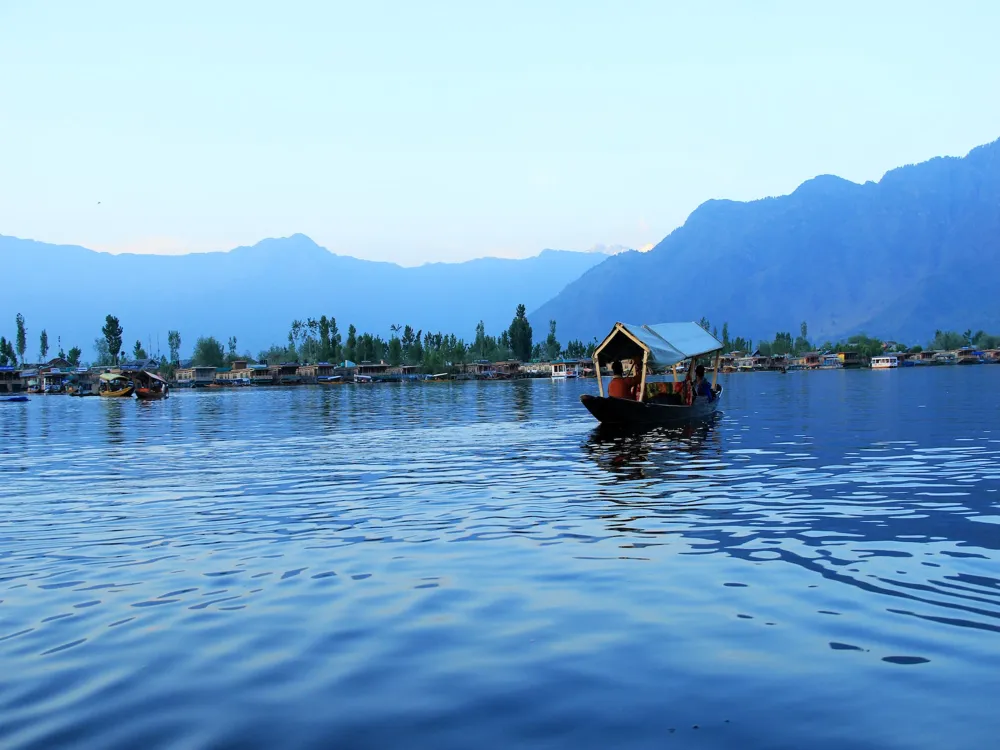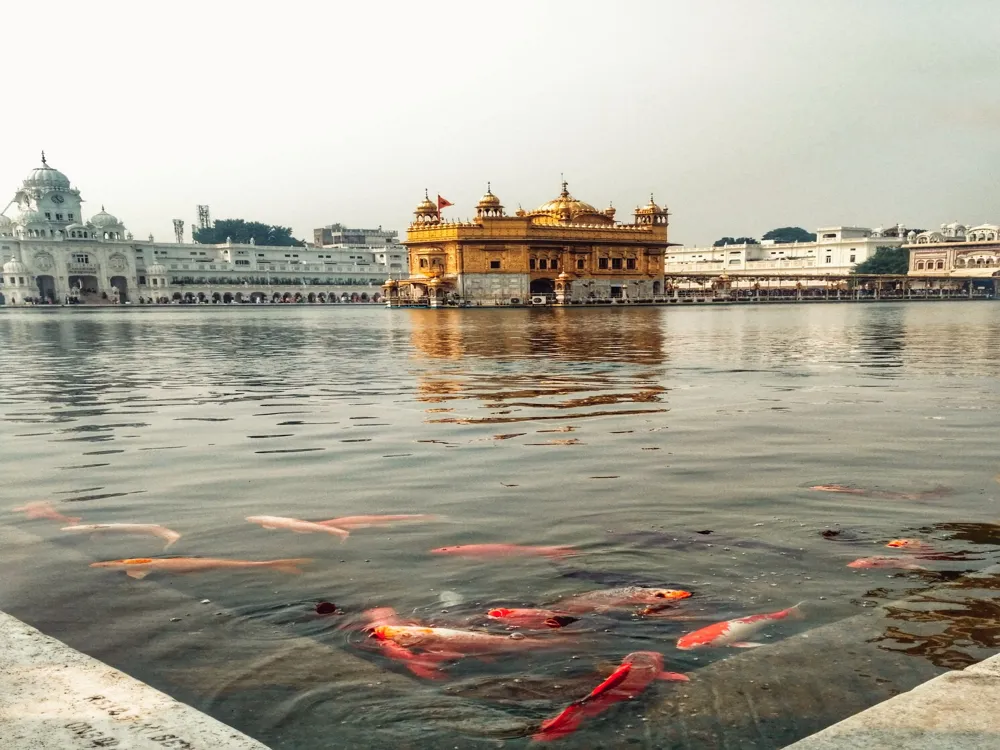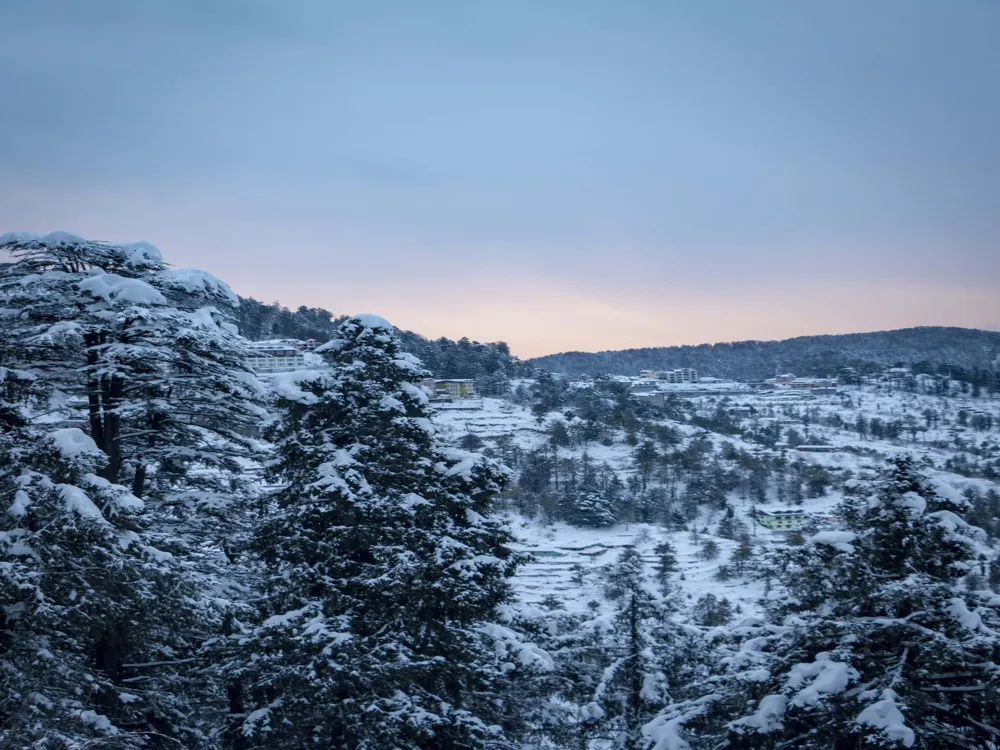The Raghunath Temple, located in the heart of Jammu city in Jammu and Kashmir, stands as a magnificent symbol of architectural brilliance and historical significance. This revered Hindu shrine, dedicated to Lord Rama, is not only a spiritual center but also a testament to the rich cultural heritage of the region. It's an embodiment of centuries-old traditions and religious practices, attracting thousands of devotees and tourists every year. Founded by Maharaja Gulab Singh, the founder of the Kingdom of Jammu and Kashmir, in the early 19th century, Raghunath Temple has a deep-rooted history. It represents the royal patronage towards Hinduism and the concerted efforts to preserve and promote religious and cultural values. The temple, over the years, has withstood various historical events, making it an important landmark in the chronicles of Jammu. Raghunath Temple is renowned for its unique architectural style that combines elements from Mughal and Sikh architectures. Its intricate carvings, exquisite paintings, and ornate decorations echo the artistic excellence of the bygone era. The temple complex houses seven shrines, each with its own Shikhara (spire), reflecting the diversity and inclusivity of Hindu deities worshipped here. The temple is not just a place of worship but also a hub of cultural activities. It plays a pivotal role in preserving various art forms, music, and rituals that are integral to the Hindu religion. The temple's annual festivals and events showcase the vibrant cultural tapestry of Jammu and offer a glimpse into the rich traditions of the region. The Raghunath Temple's architecture is a masterpiece, showcasing the fusion of various architectural styles. Its grandeur and intricacy are a testament to the skill and artistry of the craftsmen of the 19th century. The temple's layout is an excellent example of traditional Hindu temple architecture. It comprises a main sanctum, surrounded by smaller shrines, each dedicated to different deities. The temple complex is adorned with numerous panels and sculptures that depict various scenes from Hindu mythology, adding to its spiritual and artistic appeal. The walls and ceilings of the temple are embellished with intricate carvings, frescoes, and paintings. These artistic elements represent various gods, goddesses, and mythological stories, creating a visual narrative of Hindu lore. The use of vibrant colors and detailed craftsmanship in these artworks makes the temple a visual feast for visitors. The construction techniques used in the temple are a testament to the advanced engineering knowledge of the time. The use of locally sourced materials, combined with the ingenuity in structural design, has ensured the temple's longevity and resilience against natural and human-made calamities. Visitors are advised to dress modestly, respecting the sanctity of the temple. Traditional Indian attire is recommended, though not mandatory. Photography inside the main temple is usually restricted. However, you can capture the temple's exterior and its surroundings. Maintain silence inside the temple premises and avoid any behavior that might disturb the worshippers or the temple's serene atmosphere. Raghunath Temple is easily accessible from various parts of Jammu city. It's located at a convenient distance from the Jammu Tawi Railway Station and the Jammu Airport. The nearest airport is Jammu Airport, from where you can hire a taxi or take public transportation to reach the temple. Jammu Tawi Railway Station is the nearest major railhead. It's well-connected to major cities in India. From the station, the temple is just a short drive away. Jammu is well-connected by road with neighboring states. Regular bus services and taxis are available to reach the temple from different parts of the city and nearby areas. Read More: Overview of Raghunath Temple, Jammu
Historical Significance
Unique Features
Cultural Impact
Architecture of Raghunath Temple, Jammu
Structural Design
Artistic Elements
Engineering Marvel
Tips When Visiting Raghunath Temple, Jammu
Dress Code
Photography
Temple Etiquette
How To Reach Raghunath Temple, Jammu
By Air
By Train
By Road
Raghunath Temple, Jammu
Jammu
Jammu And Kashmir
₹ 5,000 onwards
View jammu Packages
Weather :
Label : Must Visit
Tags : Temple
Timings : 6:00 AM - 8:00 PM
Time Required : 2-3 hrs
Planning a Trip? Ask Your Question
Jammu Travel Packages
View All Packages For Jammu
Top Hotel Collections for Jammu

Private Pool

Luxury Hotels

5-Star Hotels

Pet Friendly
Top Hotels Near Jammu
Other Top Ranking Places In Jammu
View All Places To Visit In jammu
View jammu Packages
Weather :
Label : Must Visit
Tags : Temple
Timings : 6:00 AM - 8:00 PM
Time Required : 2-3 hrs
Planning a Trip? Ask Your Question
Jammu Travel Packages
View All Packages For Jammu
Top Hotel Collections for Jammu

Private Pool

Luxury Hotels

5-Star Hotels

Pet Friendly





